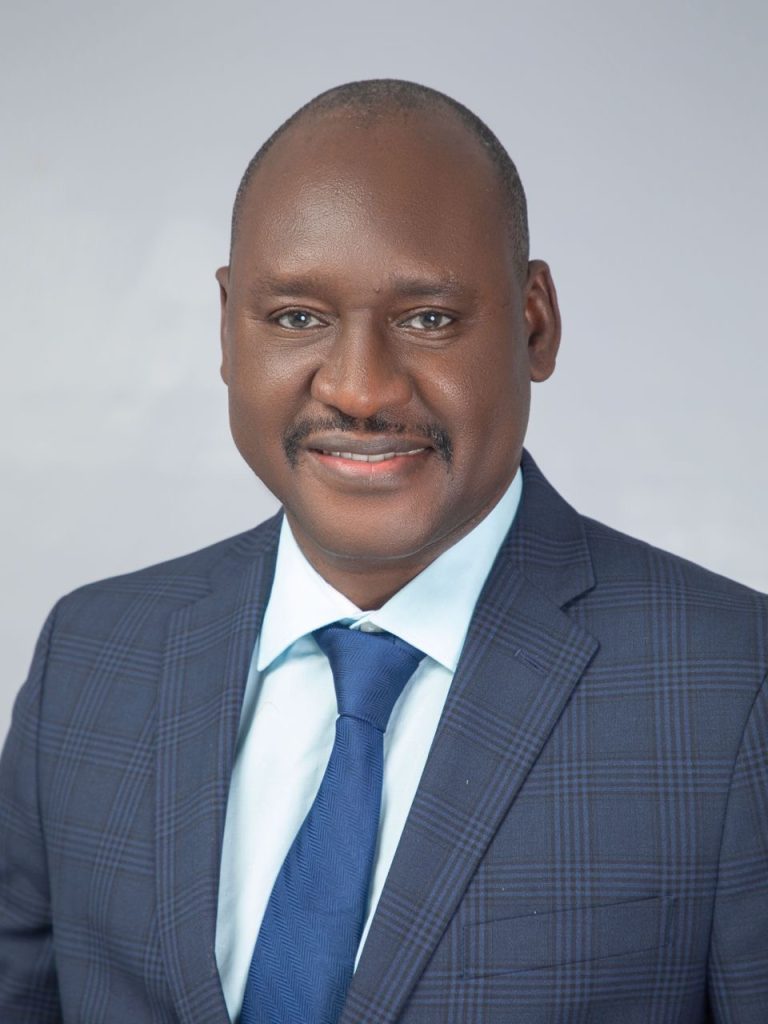The Civil Society Legislative Advocacy Centre (CISLAC) has called for the urgent cancellation of illegitimate debts, reform of global financial institutions, and greater legislative involvement in Nigeria’s financial decision-making processes.
CISLAC’s Executive Director, Comrade Auwal Ibrahim Musa (Rafsanjani), made the appeal during the ongoing Financing for Development Conference in Sevilla, Spain. The international event has attracted government officials, civil society leaders, and global advocates discussing sustainable economic solutions for developing nations.
Rafsanjani, who also heads Transparency International Nigeria, called attention to what he described as “odious or fraudulent debts”—borrowings made without public consent or transparency—which he said undermine national sovereignty and perpetuate economic injustice.
“These debts are unjust. Their enforcement continues to stall development, burden future generations, and weaken national sovereignty,” he declared.
Push for debt justice and legal reforms
He urged wealthy nations, particularly the United Kingdom, to pass laws preventing private creditors from suing sovereign governments in UK courts—a move that would help shield countries like Nigeria from harsh legal and financial consequences.
Rafsanjani also endorsed a United Nations-led debt workout mechanism to ensure private creditors are mandated to join renegotiation processes. He aligned CISLAC’s position with global advocacy groups such as Christian Aid, Oxfam, and Tax Justice Africa, demanding more concessional financing and the removal of fossil fuel subsidies that exacerbate climate change impacts.
Lawmakers must lead financial accountability
CISLAC emphasized the critical role of lawmakers in Nigeria’s fiscal governance, calling on the National Assembly to assert its constitutional mandate in scrutinizing public budgets, debt agreements, and development spending.
“Legislators must not be sidelined,” Rafsanjani said. “They have the responsibility to ensure public and borrowed funds are used transparently and equitably.”
He added that stronger laws are needed to combat illicit financial flows and tax evasion by multinationals and wealthy elites. Rafsanjani urged the enforcement of beneficial ownership disclosure and tougher oversight of professionals who facilitate money laundering.
Reforming global institutions and empowering African voices
Calling for the democratisation of global financial bodies such as the International Monetary Fund (IMF) and World Bank, Rafsanjani criticised the dominance of powerful countries in decision-making processes.
“We need a global financial system where African voices matter, and where oversight is not a formality but a right,” he stated.
He advocated for increased African legislative influence in international negotiations and called for financing strategies that prioritise climate action, healthcare, and education to meet the Sustainable Development Goals (SDGs).
Sevilla conference focuses on equity and accountability
As the conference continues, CISLAC and other African civil society groups are engaging in high-level dialogues on debt justice, tax equity, and inclusive economic reforms. The delegation is led by Maíra Martini, CEO of Transparency International, who is advocating for transparent debt contracting and sustainable borrowing practices globally.
Rafsanjani concluded with a call to the Nigerian government:
“We are here in Sevilla to push for a fairer global system, stronger legislative engagement, and sustainable solutions that reflect the will and welfare of our people.”
He called on the Nigerian government to fully implement conference resolutions in partnership with civil society to ensure inclusive and impactful development outcomes.


